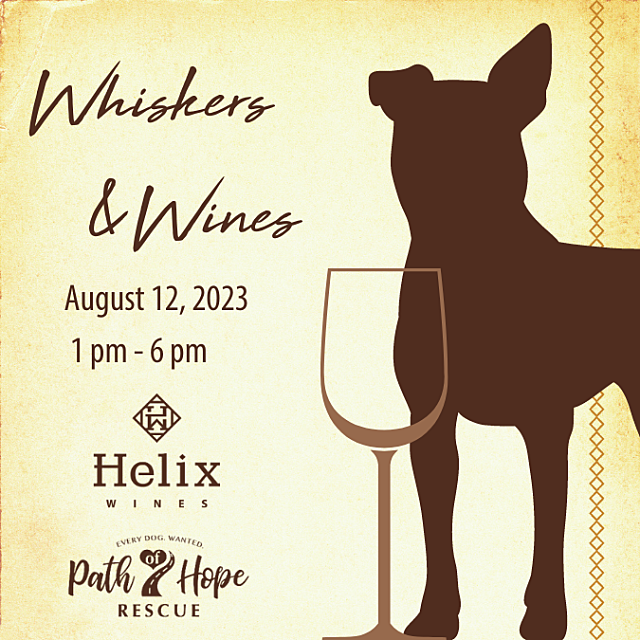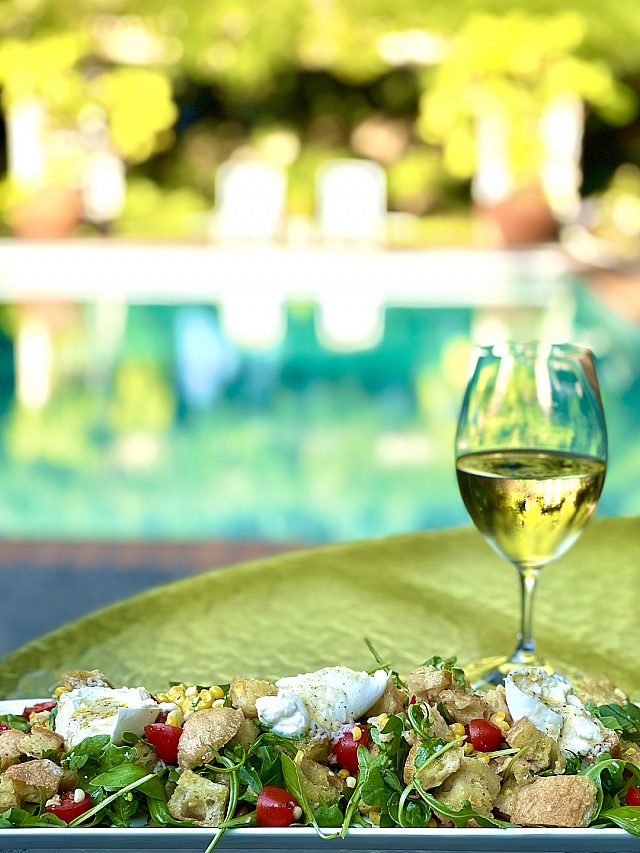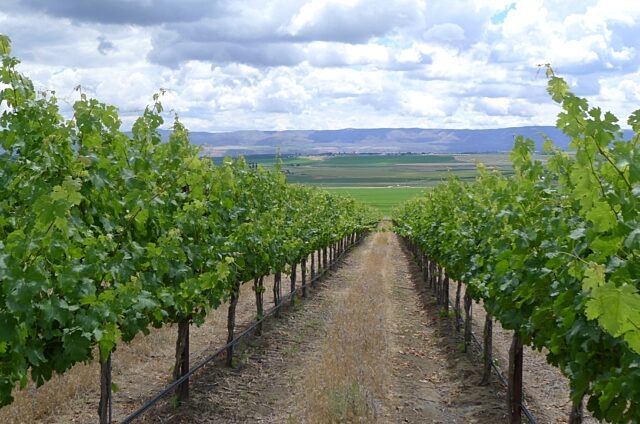Helix Hootenanny | August 26, 2023
Get the Hootin’ and Howlin’ Underway for the Helix Hootenanny! August 26, 2023 | 5 pm - 9 pm Before the PRCA Rodeo and the Beach Boys come to Walla Walla for the annual Fair & Frontier Days, dust off the dirt from your cowboy boots and come on d
Read More


